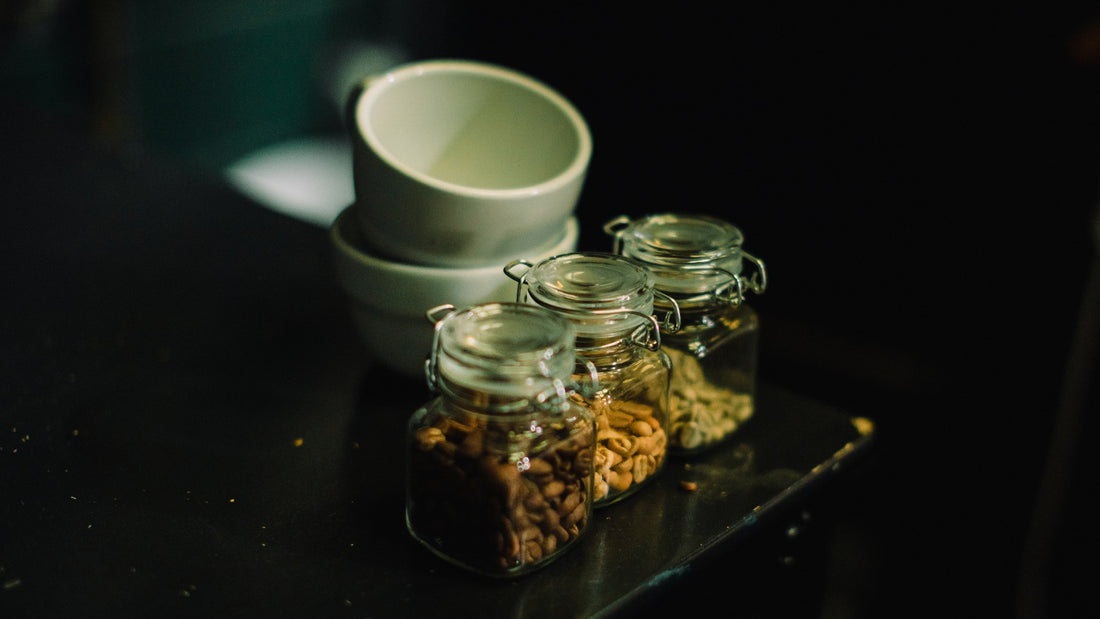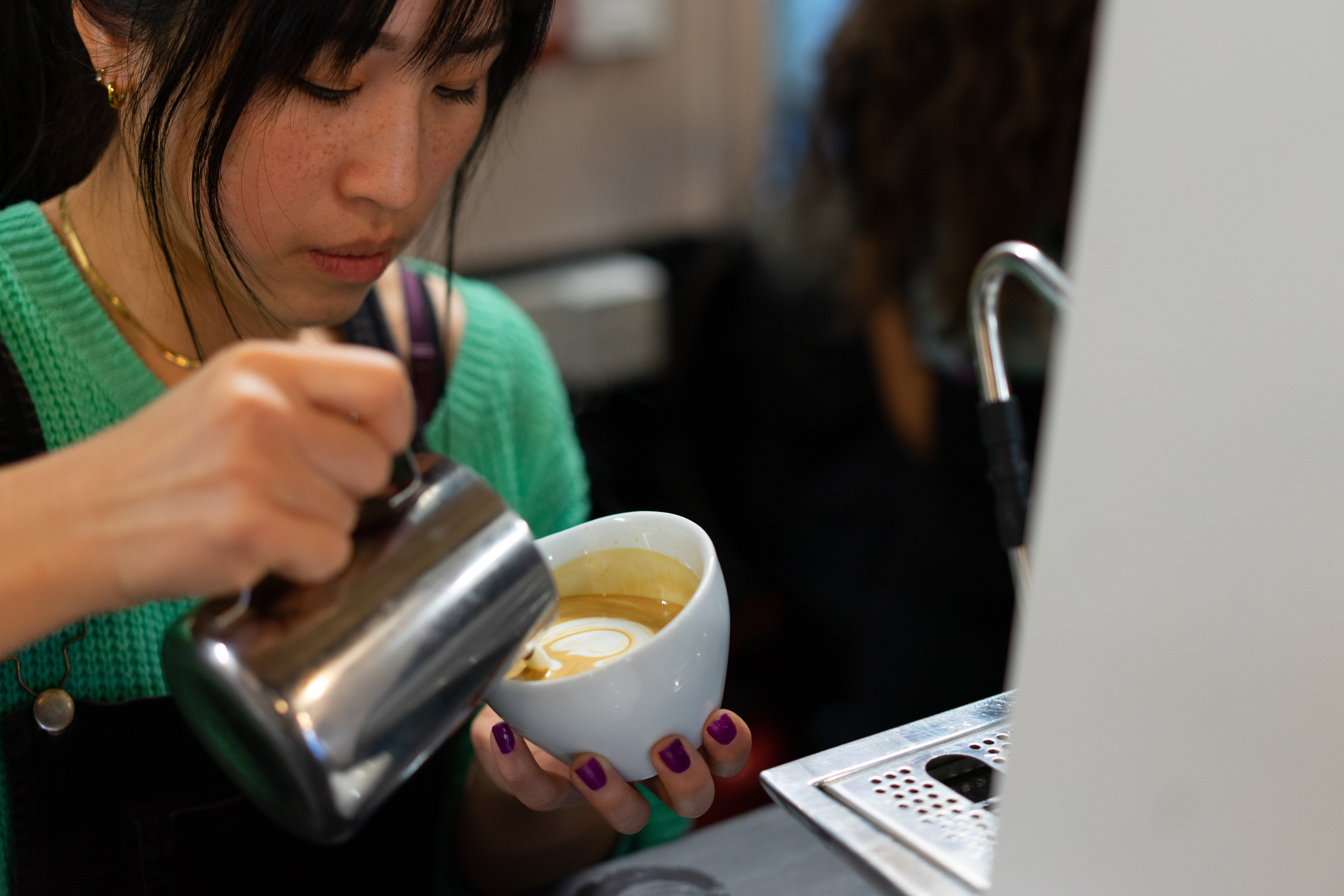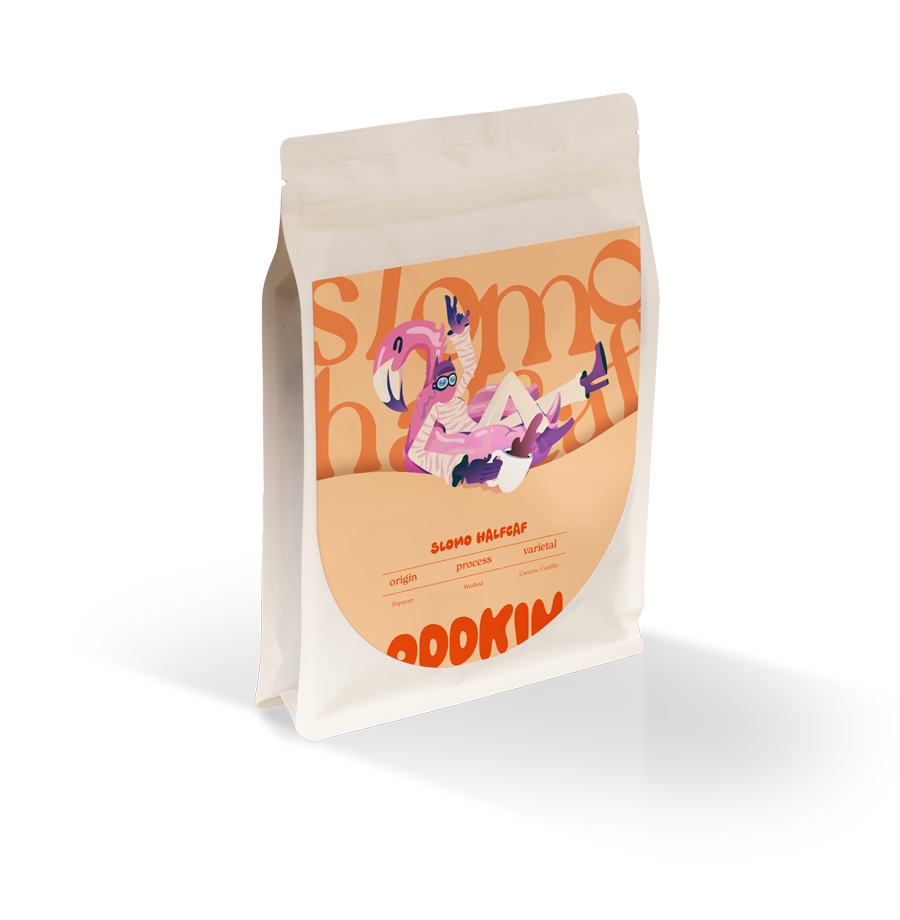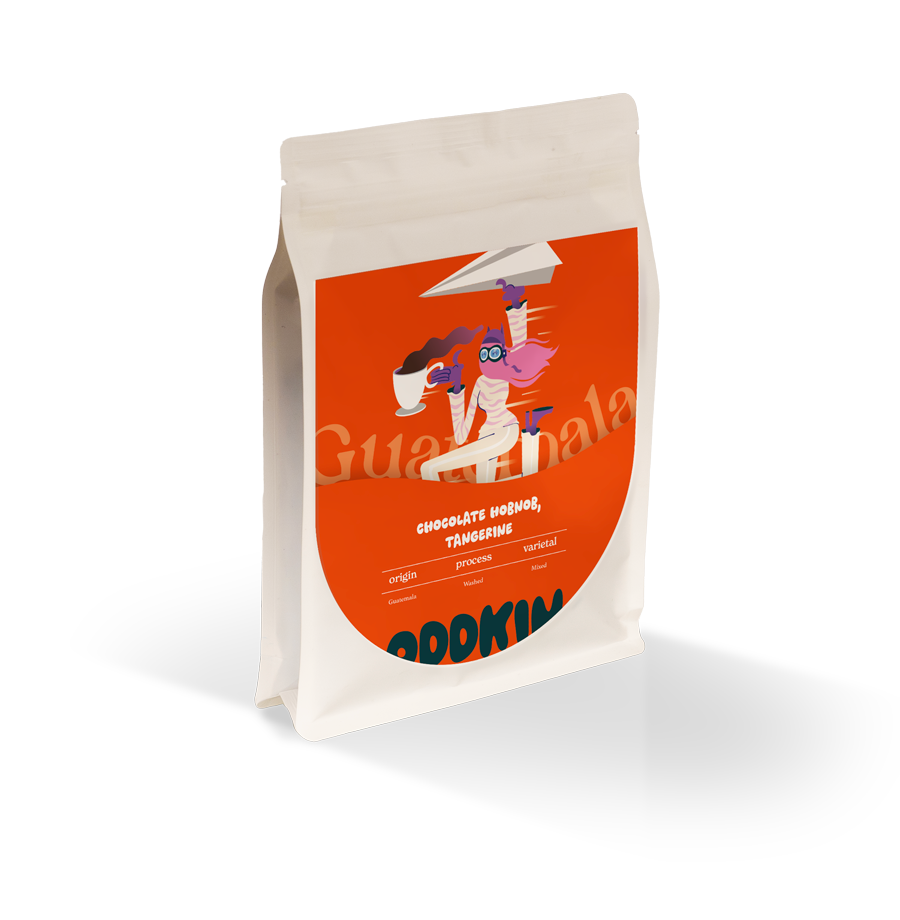How to best store your coffee beans and keep them fresh
Once you’ve chosen your freshly roasted coffee to enjoy back at home, with all those wonderfully exciting tasting notes to be savoured, understanding how to keep it super fresh becomes an important bit of know how. How you store your coffee is important - no one wants stale beans!
As with most things in coffee, there is so much information out there, so knowing what’s right to lock in that fresh roasted zing can seem a little daunting at first.
Fear not - we’re here to make your life nice, simple and tasty, so have a read of this and feel like a member of the coffee storage elite in just a few minutes!
Everything you need to know about storing coffee beans:
- How long do roasted coffee beans last?
- Ground coffee vs. whole beans
- What influences coffee freshness?
- Top tips for storing coffee beans
- Types of storage containers
- Storing coffee in the fridge or freezer
How long do roasted coffee beans last?
The nice and simple answer we give for this is to brew your coffee beans within 6 months of the roast date.
This is because when we roast we are kicking off hundreds of chemical reactions inside the beans, and after the roasting process the beans begin the de-gas, releasing carbon dioxide.
An easy way to understand how the degassing of freshly roasted coffee leads to stale beans is to just imagine that as the coffee sits there, it is slowly releasing all of its exciting aromas and flavours into the surrounding atmosphere.
The sooner you brew that bean up into a cup of coffee, the more flavour and excitement you’ll get to enjoy for yourself.
Ultimately coffee beans will last forever, but don’t test that theory out. If you are here you are clearly interested in drinking a cup of coffee that tastes bloody lovely - so don’t be a hoarder, buy little and often to keep that freshness locked in!
💡 Top Tip: Not sure which coffee to purchase and don't want to end up with waste? Find your favourite beans with our coffee taster pack.
Should I let coffee rest or drink it as close to the roast date as possible?
We find that a lot of of people believe the fresher the coffee, the better.
However, giving your coffee a few days to degas post roast is important, because a freshly roasted coffee will emit too much gas during brewing.
These bubbles affect the overall extraction and flavour of your coffee, which isn’t what we want.
A good way to see this for yourself is to check how many bubbles are escaping (and how quickly) during the bloom period of your filter coffee pour.
A really fresh bean will chuck out loads of bubbles and these may continue for up to 45 seconds, whereas a more rested coffee will probably stop degassing after around 30 seconds.
The degassing of coffee is therefore really important and with most of it happening within the first few days, we tend to advise that waiting for 3 - 5 days post roast for brewing filter will be perfect.
For espresso we usually wait 2 - 3 weeks, as due to the high pressure nature of this brew method, the gas released by the coffee can have more of an effect on the end result than with filter coffee.
When it comes to resting coffees there is no one hard and fast rule, every bean is different and much will depend on origin, varietal, processing method and whether it’s a light-medium roast or a second crack incineration.
This is what we love about coffee - the journey you go on with each bean!
So, have a play around and be on the lookout for when you think each bean is at its optimum level of freshness for your taste.
At the moment we are loving letting the Congo Katana sit for around 3 weeks before brewing up on espresso, whilst the Rancho Dantas is tasting super sweet after just 8 days.
Ground coffee vs. whole beans
Whole bean coffee all the way! If you can get access to a grinder - grinding your coffee fresh each and every time you brew it will make a huge difference.
A grinder is often the first bit of coffee kit we suggest, as it has such a positive impact on the brewed coffee you get to sip on.
When left as a whole bean, coffee will stay at its freshest for the longest possible period of time.
As soon as you grind it, you are exposing all of the inner workings of the bean to the atmosphere and this shortens the freshness of your coffee. As a result, your coffee beans will lose their lovely aroma, bright flavours and become stale a lot faster.
We of course understand that not everyone has the space at home or the funds to purchase a grinder, so there is nothing wrong with having your coffee pre-ground by us or your favourite speciality coffee shop.
A great way to ensure you’re keeping those pre-grounds as fresh as possible is to purchase small amounts more often, and to follow the below tips for storing your coffee like a pro.
💡 Top Tip: Keep your grinder in mint condition with Cafetto's coffee grinder cleaning powder.
What influences coffee freshness?
Proper storage is the key influencer of coffee freshness.
Try this to see what we mean - roast (or buy) a batch of coffee, storing half correctly and leaving the other half in an open container. After 3 months, brew them both and compare.
The correctly stored coffee will taste so much fresher that you wouldn’t believe they were roasted together.
Another key tip is to choose specialty coffee because you will always know from the retail bag when the coffee was roasted, unlike supermarket and high street coffee.
Knowing that you’ve bought it shortly after the roast date is also super important, because then the power is in your hands to store those beans correctly, keeping them fresh and tasty.
Our top tips for storing coffee beans:
Store coffee at room temperature, somewhere dark - kitchen cupboards were built for this!
The coffee bags we use are brilliant for this, because they have a one way degassing valve.
This allows the carbon dioxide leaving the beans to make its way into the atmosphere, whilst keeping your beans safe from oxidising too fast in the open air.
To keep your beans at their freshest, avoid the following:
- Leaving them open to oxygen
- Allowing them to bask in the sun or artificial light
- Keep them away from hot temperatures
- Exposure to moist / humid environments
Types of coffee storage containers:
Like we said, coffee bags that have a one way degassing valve are perfect to store your coffee beans in, especially if they have the ability to be resealed and made airtight.
But, if you want to store your coffee in a way that suits your kitchen aesthetics, then just make sure it’s airtight and opaque.
Can I store coffee beans in the fridge or freezer?
Don’t put your beans in the fridge, but you can pop them in the freezer because that’s what my Mum used to do and Mums are always right!
Seriously though, it’s becoming common to freeze coffee in airtight containers, ideally vac packed, as a way to save mega brews as little gifts for your future self.
Whilst we would still advise storing your coffee in the cupboard, freezing is an option if you are able to find a properly airtight container.
Why not the fridge?
Fridges are moist, humid and filled with artificial light, and coffee is prone to absorbing moisture, taste and odours.
None of us want a Kenyan coffee that’s taken on tasting notes of last night's spaghetti bolognaise!
If anyone ever tells you to keep your coffee in a fridge, politely tell them no and walk away.
Pro-tips for freezing coffee beans:
First things first, you need to find an actual airtight container - IKEA Tupperware do not count for this, even if they have side clippy bits.
Choosing the right container is essential to avoiding freezer burn, as well as the coffee absorbing any unwanted odours / moisture from other foods in the freezer, this is why vacuum packing coffee is the best.
Freeze your coffee in individual portions, so that when you fancy a coffee you can throw the beans straight in the grinder and get brewing.
This also prevents the excess beans that you don't plan on using from quickly rising in temperature and then falling again once back in the freezer.
We'd love to hear how you store your beans at home! Comment below to share your secrets:
↓
















